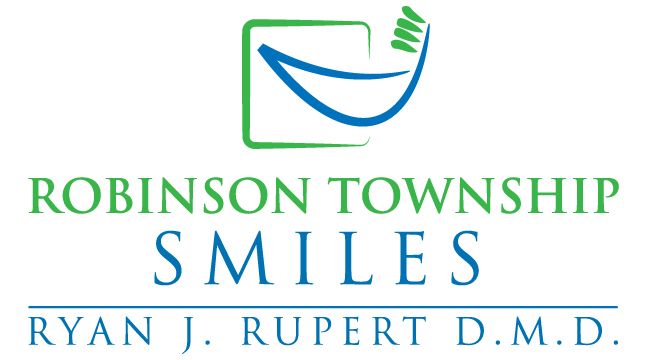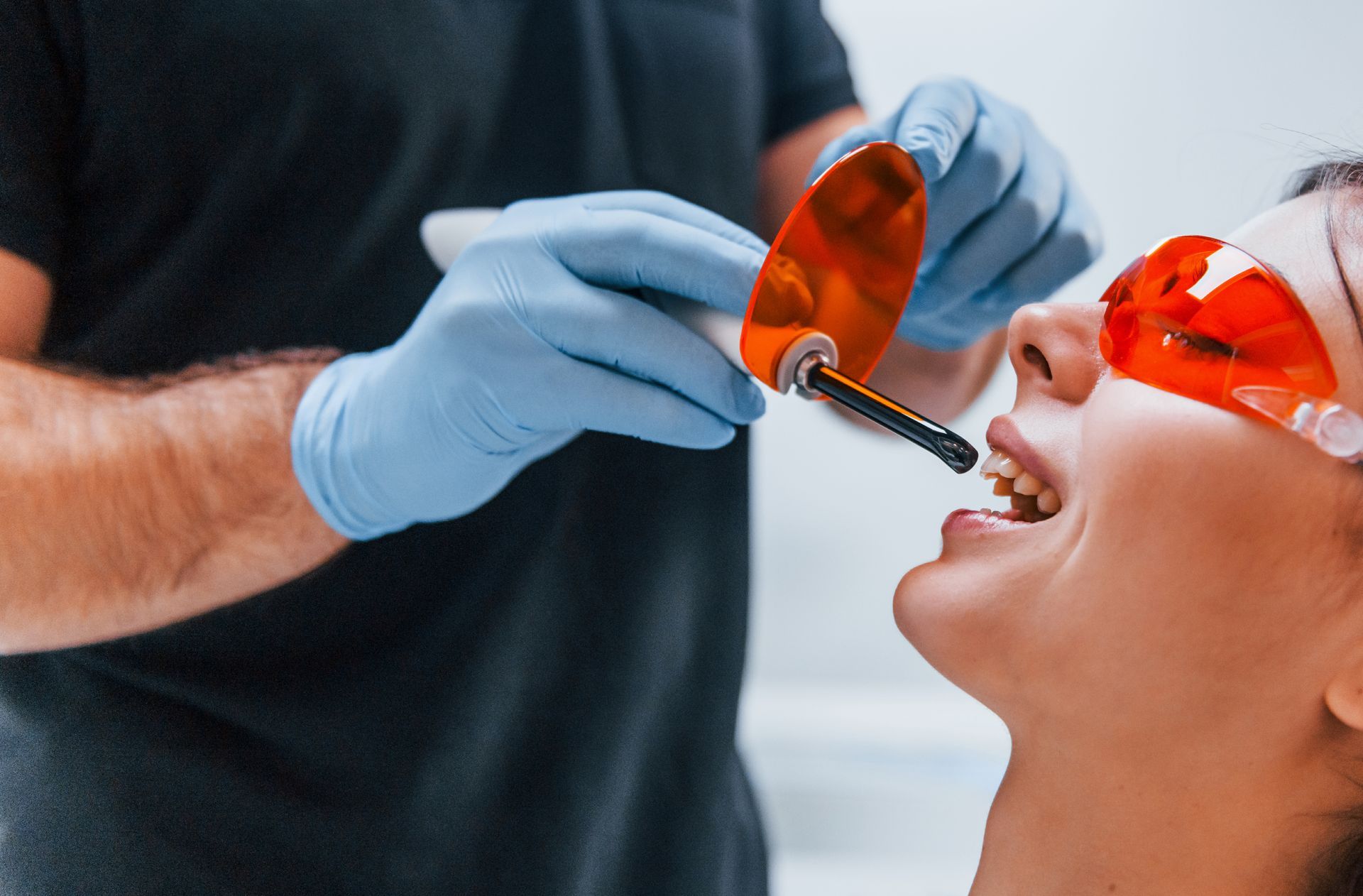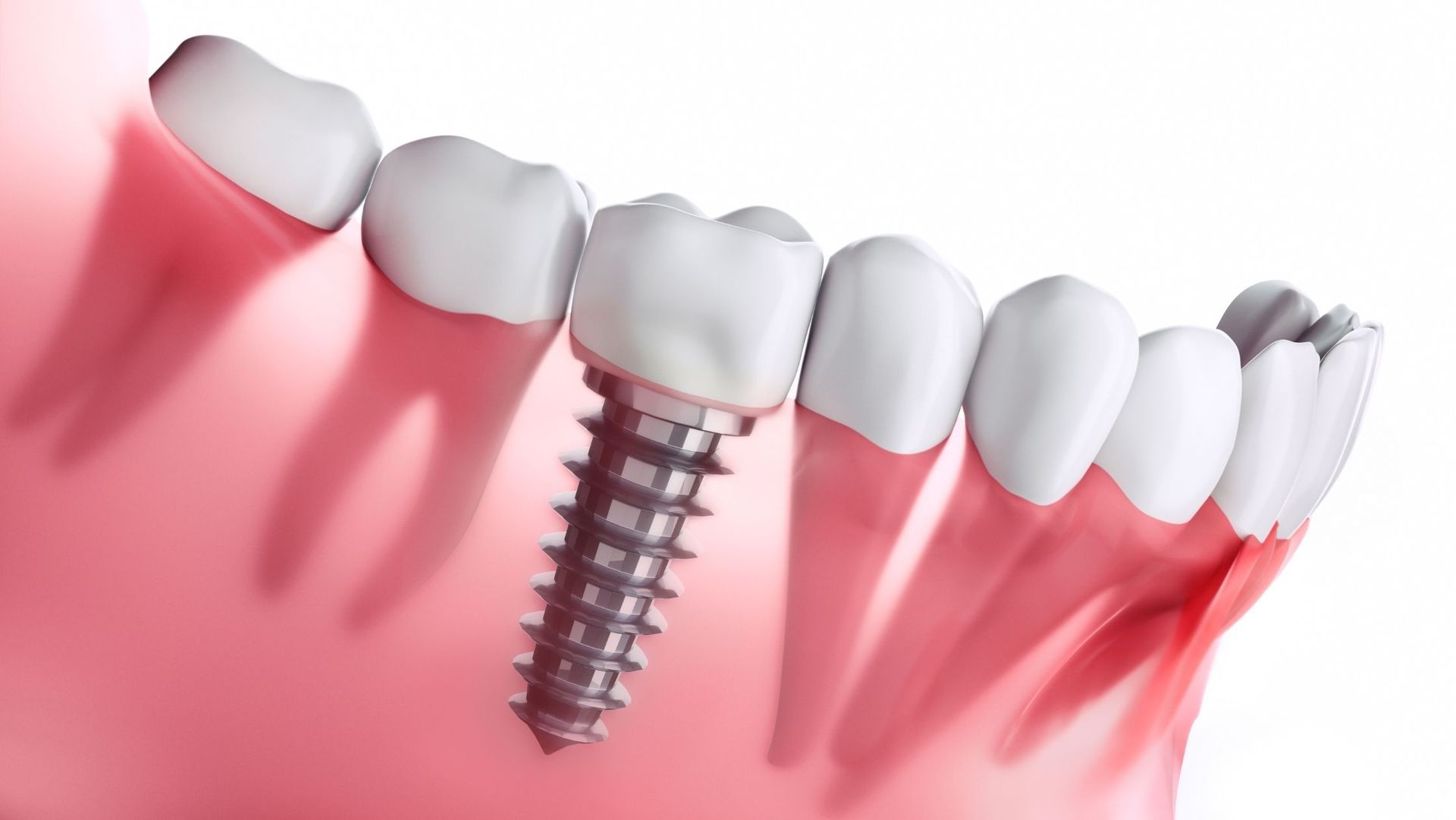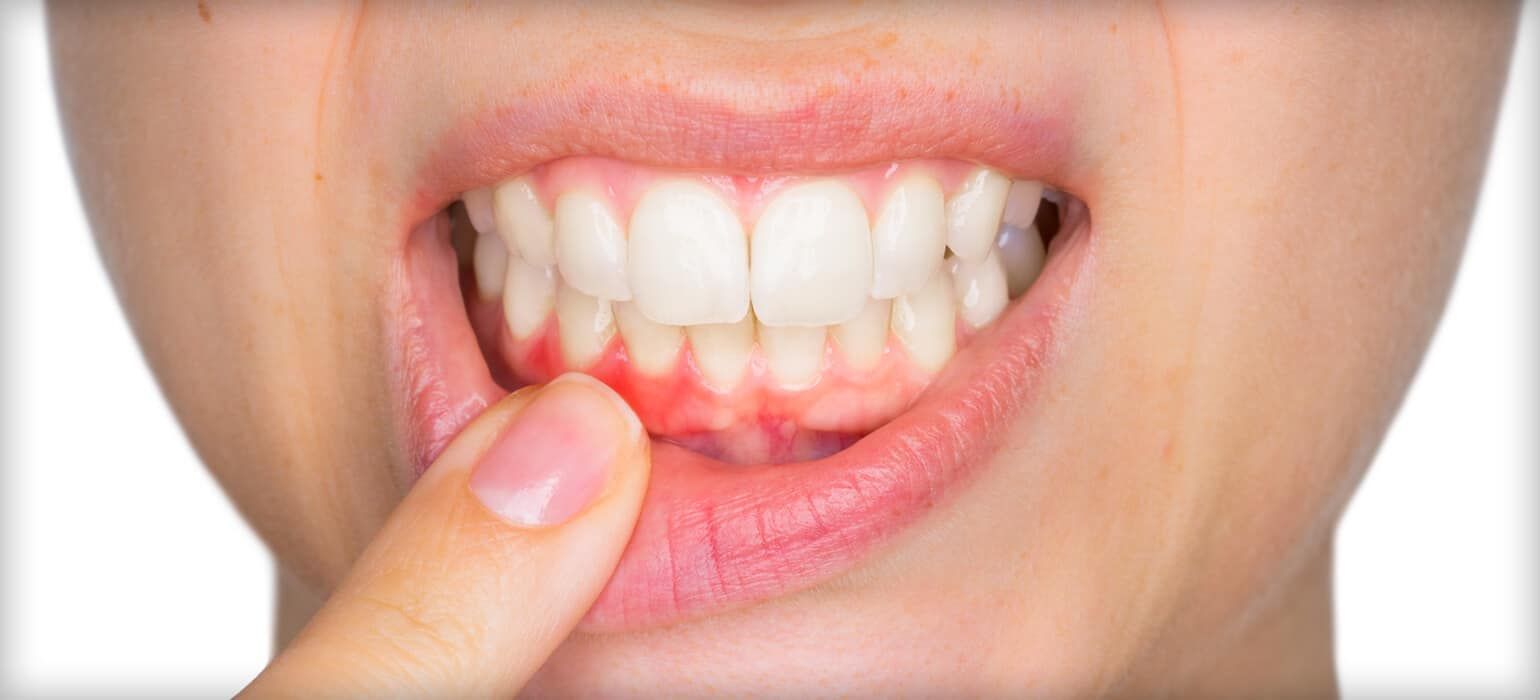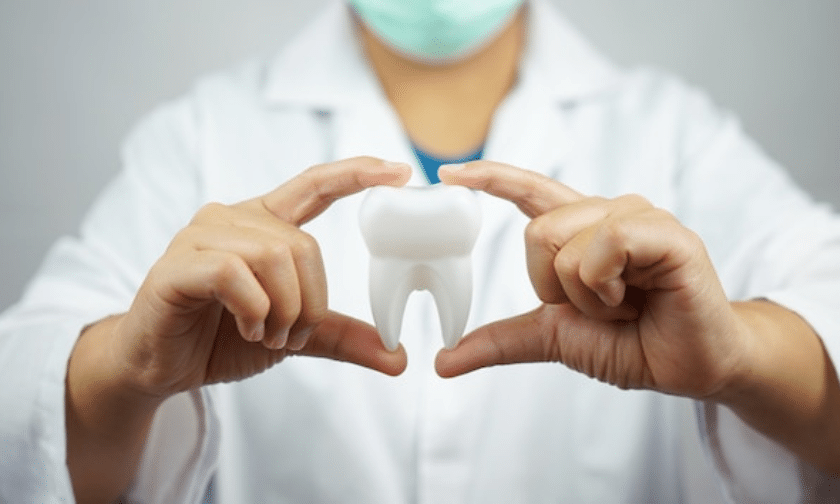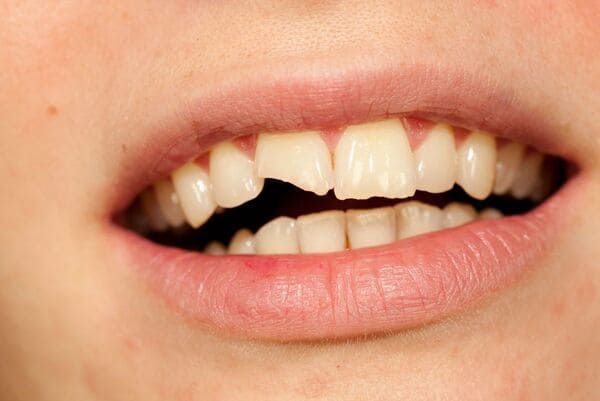Your Guide for Dental Implants
All About Dental Implants | Top Dentist in Coraopolis, PA
Welcome to the world of dental implants, where modern dentistry meets the art of restoring your smile! If you're exploring the possibility of dental implants, you're in for a treat. Dental implants are like little wonders of science that offer a reliable and natural-looking solution for replacing missing teeth.
We know that navigating the world of dental implants can be overwhelming, especially with the various types available. But don't worry, we're here to make it all crystal clear for you. Let's take a friendly and informative journey through the different types of dental implants, so you can make an informed decision about which one suits you best.
Titanium Dental Implants - The Sturdy Foundation
Imagine dental implants as the solid and dependable foundation of your oral health, much like the strong base of a house. When it comes to dental implants, titanium reigns supreme. These implants have been the go-to choice for decades, and for good reason. They're known for their incredible durability and compatibility with the human body, just like a trusty anchor firmly holding your ship in place.
Pros:
- Excellent durability and longevity: Titanium implants are built to last.
- High success rate: They often surpass a staggering 95% success rate, making them incredibly reliable.
- Suitable for most patients: They are versatile and work well for a wide range of individuals.
- Beautiful and functional: Not only do they feel natural, but they also look the part, giving you back that confident smile.
Cons:
- May require a more extended healing period: Healing time can vary, and in some cases, it might take a bit longer.
- Slightly more metallic appearance near the gumline: In very rare instances, you may notice a subtle metallic appearance, but rest assured, it's hardly noticeable for most people.
All-Ceramic Dental Implants - Aesthetics at Its Best
If you're someone who places a premium on aesthetics, all-ceramic dental implants might be your ticket to a stunning smile. These implants, often crafted from zirconia, are known for their eye-catching appearance and exceptional biocompatibility. They're a fantastic choice for individuals with sensitivities who want both beauty and function.
Pros:
- Aesthetic superiority: With a tooth-colored appearance, they seamlessly blend in with your natural teeth.
- Hypoallergenic and biocompatible: If you have concerns about allergies or sensitivities, ceramic implants are a safe bet.
Cons:
- Slightly less robust than titanium implants: While they are strong, they may not be as sturdy as titanium implants.
- Higher cost: The advanced materials used in ceramic implants make them a bit pricier.
Mini Implants - The Compact Solution
Now, let's talk about mini dental implants, the compact cars of the dental implant world—smaller and more streamlined. These toothpick-sized implants are placed from above the gum line, and the best part? No sutures required! Mini implants come to the rescue when space is limited or when a patient lacks the necessary bone support for traditional dental implants.
Pros:
- Less invasive and quicker healing time: Mini implants often result in less discomfort and a faster recovery.
- Cost-effective for specific cases: They can be a budget-friendly option for certain situations.
- Great for those with bone density concerns: If you're worried about bone density, mini implants can be a lifesaver.
Cons:
- Not suitable for all cases: They may not be the best choice for larger teeth or full arch replacements.
- May lack durability and strength: Mini implants might not be as robust as their larger counterparts.
All-on-4 and All-on-6 Implants - Full Replacements for a Perfect Smile
When you're in need of a complete smile makeover, All-on-4 and All-on-6 dental implants come to the rescue. These techniques are designed for full arch reconstruction, and they do it with finesse. They even cut down on the number of visits required by using a unique concept—placing anchoring implants at an angle to secure a device like a denture.
Pros:
- Immediate results: You can often enjoy the benefits of these implants within a day.
- Highly stable and functional: They are excellent for eating and speaking, just like natural teeth.
- Cost-effective compared to individual implant placement: If you're looking for an economical solution for full arch reconstruction, these options are worth considering.
Cons:
- Requires careful case evaluation: Not everyone is a candidate for All-on-4 or All-on-6 implants, so a thorough assessment is essential.
Subperiosteal Implants - The Surface-Level Solution
For those of you dealing with insufficient bone height, subperiosteal implants are here as a surface-level solution. These implants sit gracefully on top of the jawbone, providing a lifeline for patients with bone height concerns. The best part? They're placed beneath the gumline, making them a less invasive alternative to bone grafting.
Pros:
- Suitable for patients with bone loss: If you've experienced bone loss, subperiosteal implants can still work for you.
- Less invasive than bone grafting: You can sidestep the complexities of bone grafting procedures.
- Faster recovery compared to other bone-related procedures: Recovery time is typically quicker than with some other bone-related treatments.
Cons:
- Traditional implants are more secure: While subperiosteal implants can be effective, traditional implants tend to offer more stability.
- Limited availability and customization: These implants might not be as readily available, and customization options could be somewhat limited.
Choosing the Right Dental Implant for You
Now that we've explored these different types of dental implants, you might be wondering how to choose the right one for your specific needs. The decision should be based on a combination of factors, including your budget, the condition of your jawbone, your overall health, and the number of teeth needing replacement.
In summary:
- Titanium implants remain the gold standard for their strength, beauty, and reliability.
- Ceramic implants are an excellent choice for those who prioritize aesthetics and have sensitivities to metals.
- Mini implants offer a less invasive and cost-effective option, particularly for cases with limited space or bone density concerns.
- All-on-4 and All-on-6 implants are fantastic for full arch replacements, providing immediate results and stability.
- Subperiosteal implants can be a viable alternative for patients with bone loss, offering a less invasive path to a restored smile.
Remember, the best way to determine which type of dental implant is right for you is by consulting with a dental professional. They will assess your unique circumstances, discuss your goals, and work with you to create a personalized treatment plan that aligns with your needs and preferences.
Discover Your Best Smile at Our Dental Practice
At our dental practice in Coraopolis, PA, we're not just about fixing teeth; we're all about transforming lives through beautiful smiles! We understand the importance of dental implants and how they can significantly improve your quality of life, restoring both your smile and your confidence.
Our experienced team is here to provide you with top-notch care and personalized treatment options tailored to your needs. Whether you're interested in dental implants or any other smile restoration services, we've got you covered.

